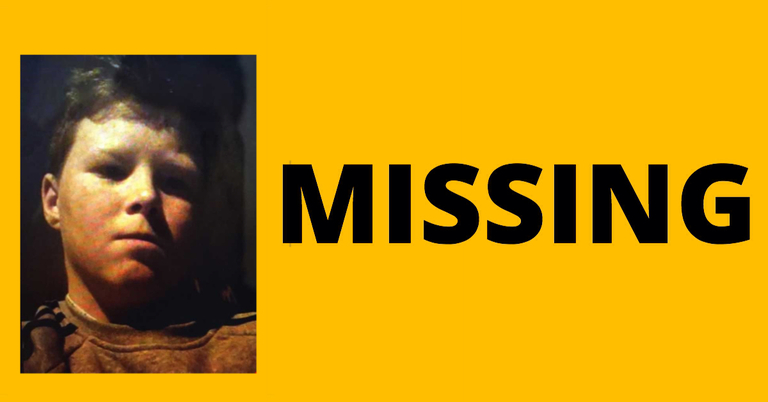Today Monday 9th May will present an extremely rare event in the skies above Blessington.
The transit of Mercury across the sun will be a sight to remember but be warned of the dangers viewing it. Looking directly at the Sun either the naked eye, binoculars or a telescope is extremely dangerous and will result in permanent eye damage.
To view the transit safely you can attend a few viewing at by astronomy Ireland or use an approved sun filter for your telescope.
A cheap alternative if you don't have a telescope is to get a set of binoculars and two pieces of card.
Punch a hole the size of one of your binoculars lenses and pop the binocular lens through it. Cover any gaps with insulation tape or gaffs tape so no light can seep through.
Now place the second card (white card) behind the first one with the binocular in it so as to see circular image created by only the binocular lens. Move the card to focus the beam. Now you can see the projected image of the Sun and a black dot crossing it safely.
Use the duct tape to seal any holes that leak light past the cardboard.
Now point the binocular toward the sun while holding a piece of white cardboard about a foot behind the eyepiece. It will take a little effort to find the sun. Once you do, you can focus the binoculars to bring the sun to a sharp image.
Be careful not to put your hand or anything flammable near the eyepiece! The concentrated sunlight exiting there can cause a nasty burn or set something ablaze! Don't leave the second card behind the binocular card for too long.
Mercury's transit across the Sun takes place when the planet Mercury comes between the Sun and the Earth. Mercury is seen as a small black dot moving across the Suns face.
Transits of Mercury are rare with only 13 or 14 taking place each century.
Transits of Mercury occur in May or November. The last three transits occurred in 1999, 2003 and 2006; the next one will occur today.











Be the first to leave a comment.